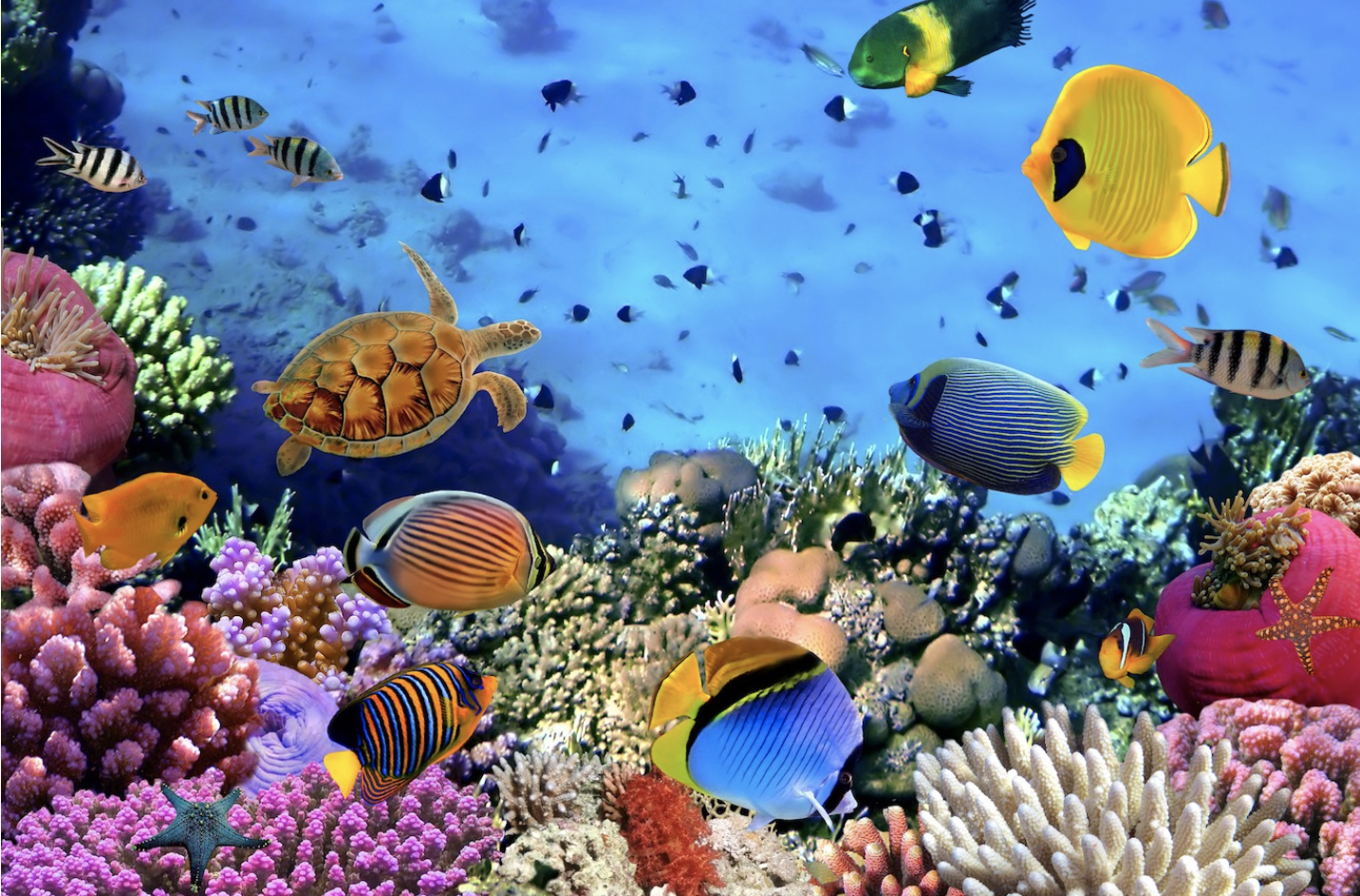
The Earth’s oceans harbor countless animal and plant species, with countless more yet to be discovered. These intricate ecosystems play a vital role in maintaining the equilibrium of all life on Earth. While some perceive marine life as distinct from life on land, the interconnection between the two is more profound than we realize. Importantly, individuals’ actions and decisions significantly affect our underwater companions’ well-being.
What is marine life?
Marine life refers to the organisms and organisms’ communities that inhabit the oceans, including seas, coral reefs, and other saltwater environments. It encompasses a wide range of living organisms, such as fish, whales, dolphins, seals, sea turtles, corals, shellfish, plankton, and various species of plants and algae. Marine life is diverse and plays a crucial role in maintaining the health and balance of marine ecosystems.
Why is marine life important?
The world’s oceans play a critical role in sustaining life on our planet for many reasons. First of all, they supply approximately 50 percent of the global oxygen supply and offer vital ecosystem services necessary for a healthy functioning Earth.
Moreover, it is one of the main repositories of the world’s biodiversity. The oceans make up over 90% of habitable space on the planet and contain 250,000 known species, many more still to be discovered.

Marine life diversity
But oceans are important for the economy too. Fishery and aquaculture are the main sources of income for hundreds of millions of people. Roughly 61% of the world’s total gross domestic product comes from the ocean and coastal areas. Coastal areas have population densities 2.6 times higher than inland regions, and these coastal communities, directly and indirectly, reap the benefits of coastal and marine ecosystems.
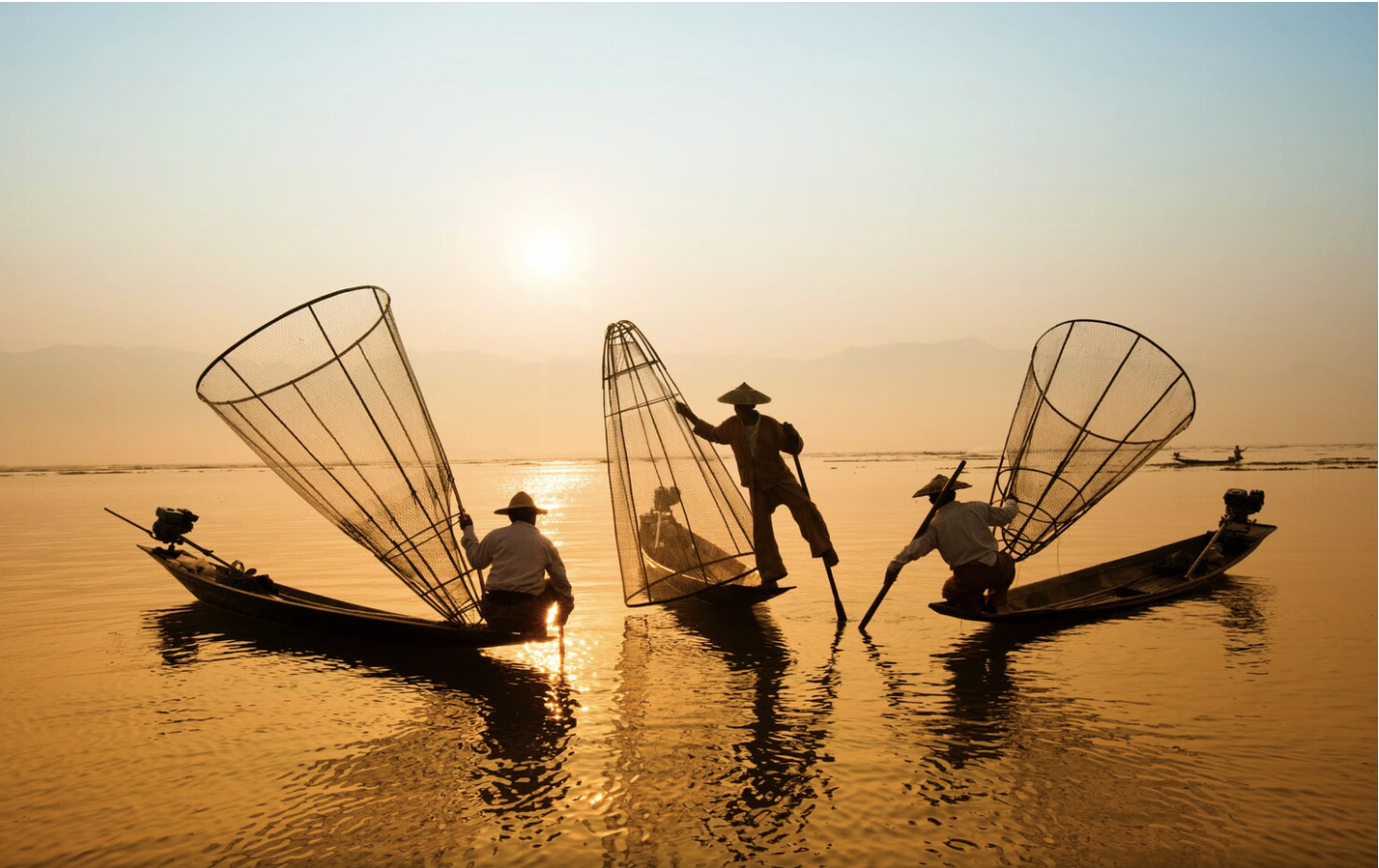
Fishermen
These ecosystems contribute to poverty reduction, promote sustainable economic growth, ensure food security, and support sustainable livelihoods, and inclusive employment opportunities. Additionally, they host significant biodiversity and play a crucial role in mitigating the impacts of climate change.
However, human activities pose a significant risk of disrupting these ecosystems, potentially causing the shutdown of crucial services we depend on for our survival.
How are we endangering the oceans?
Humans continue to pollute the oceans with plastic, acidification, and oil spills.
Ocean acidification is a consequence of rising atmospheric carbon dioxide levels, primarily caused by climate warming. It poses significant threats to marine life, especially crustaceans.
The increased acidity in the water accelerates the dissolution of shells, leading to devastating consequences for shellfish and other crustaceans.
This, in turn, has far-reaching implications for other species dependent on them as a food source, disrupting marine food chains and throwing entire ecosystems off balance.
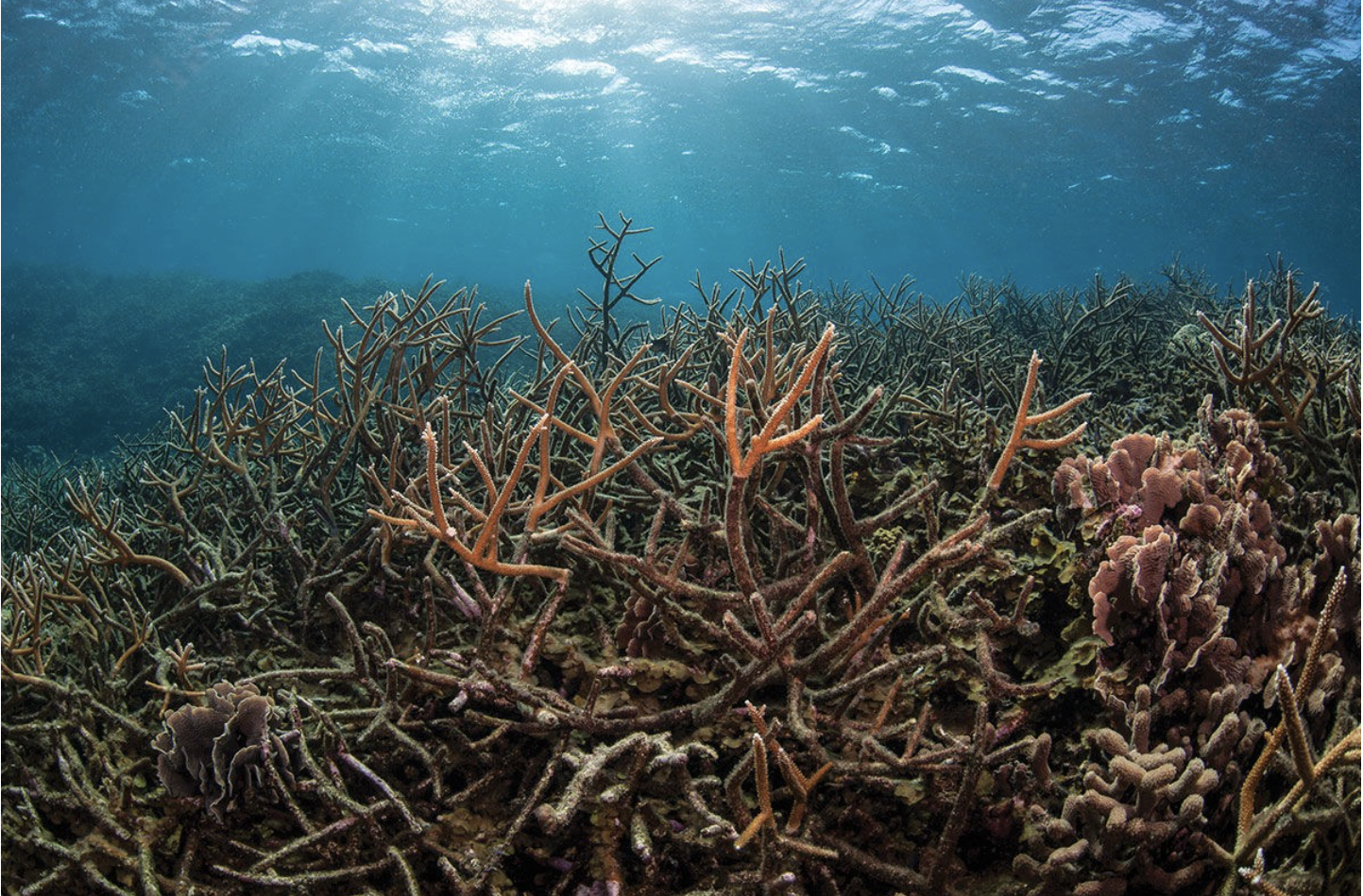
Ocean acidification
Another threat is the fishing industry. The widespread practice of extensive commercial fishing fleets scouring the oceans has been prevalent, and unfortunately, there are no indications of its deceleration.
Not only the fish population is impacted, but by-catch from fishing nets results in huge biodiversity loss.
Fish farming poses another environmental threat to oceans. Diseases are easily spread in fish farms often spread beyond the farm’s natural environment. Pollution from fish farms filters into the oceans resulting in the deaths of wild fish too.
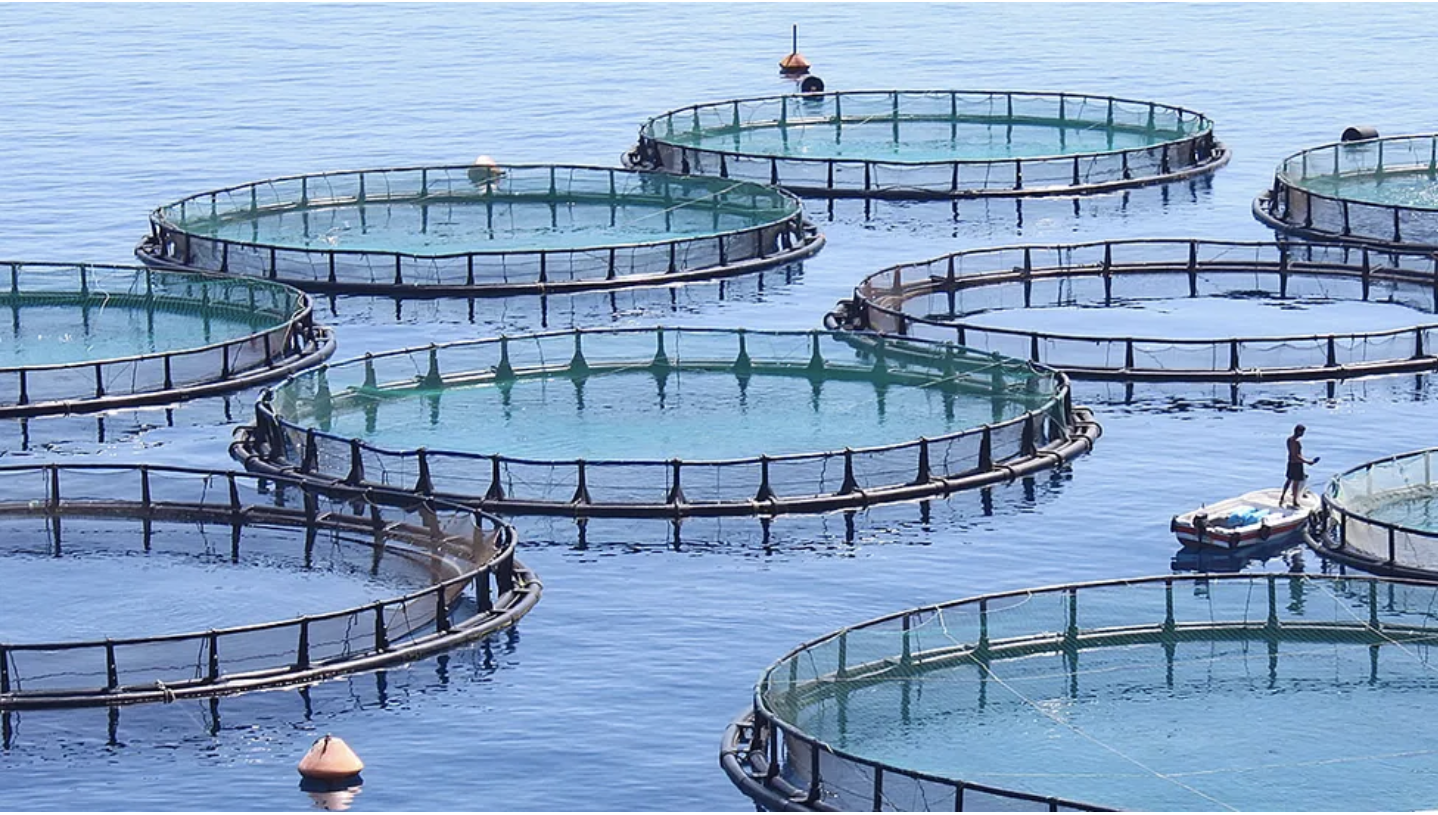
Fish farms
Moreover, machinery like boats, jet skis or oil drills create an unnatural barrier to marine life’s natural soundscape and can have devastating impacts on wildlife. Animals can be stressed by unnatural noise, leading them to make poor decisions that can lead to their deaths. Many marine mammals use complex songs to communicate, navigate and attract one another.
Lastly, plastic ends up in the oceans and can entrap marine animals and lead them to their deaths. It can also be ingested by marine life and cause them to starve to their deaths.
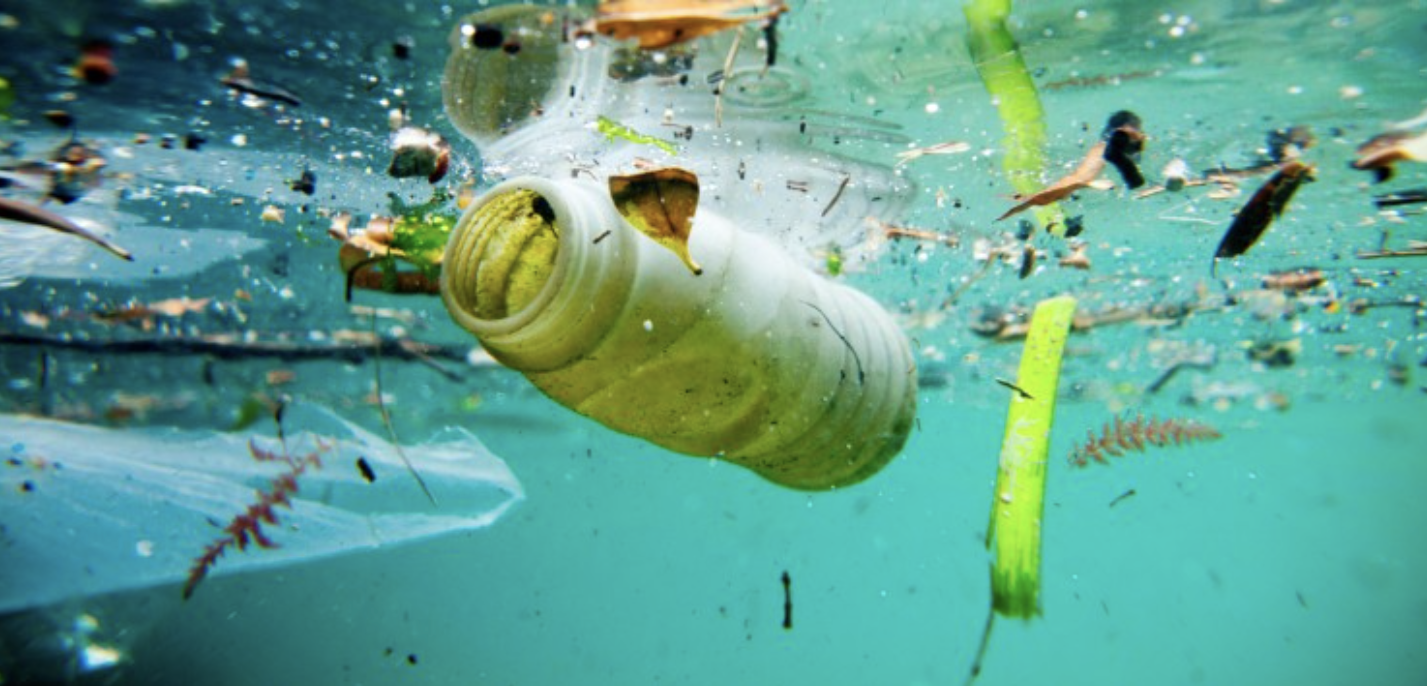
Plastic pollution
How can we save marine life?
-
Consume fish sustainably. Only buy products that have a marine-safe certification.
-
Reduce the consumption of single-use plastic, especially smaller items that marine life can more easily ingest, like plastic straws. Use a more sustainable alternative like The Happy Turtle Straw.
-
Buy local as much as possible to reduce marine traffic and noise pollution.
-
Raise awareness through social media channels to inform people about the importance of ocean conservation.
-
Prevent marine debris by conducting beach clean-ups and promoting awareness campaigns about the impact of litter.

The Happy Turtle Straw




